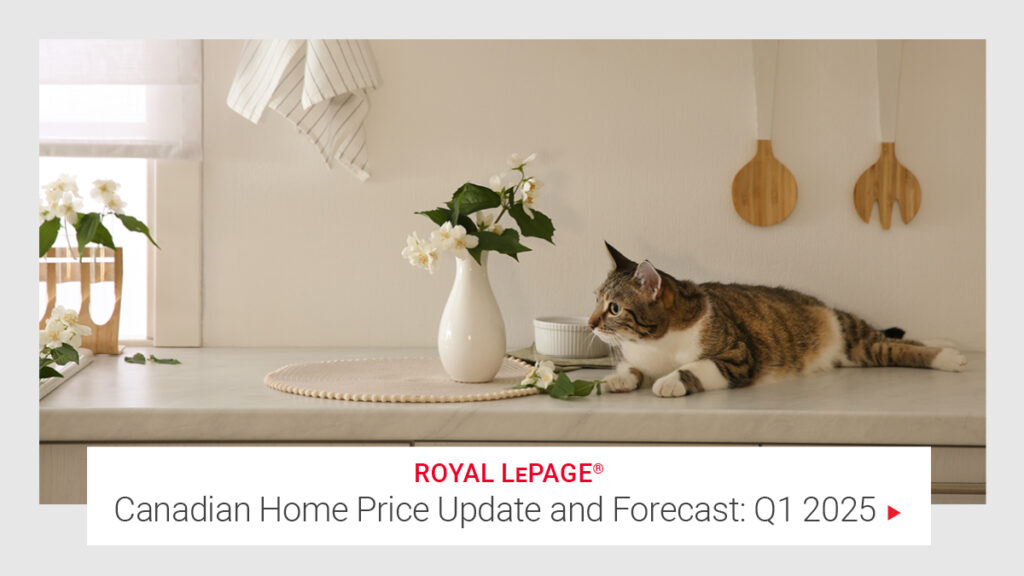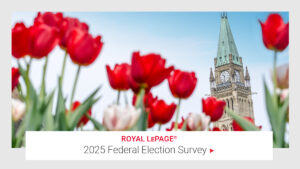
The Royal LePage Home Price Update and Market Forecast, distributed each quarter, includes price data and insights from experts in 64 real estate markets across the country, as well as national and regional forecasts. This quarter’s report also includes a look at Canadians’ confidence in the economy today.
While housing market activity has been softer than expected so far this year in many markets – a major shift compared to where we ended 2024 – the trend has been especially pronounced in Ontario and British Columbia, the country’s most expensive markets. Meanwhile, comparatively strong demand paired with low supply has led to price appreciation in the province of Quebec, the Prairies and much of Atlantic Canada, despite ongoing geopolitical tensions and economic uncertainty.
“The typical spring market didn’t kick off as energetically as expected, and geopolitical uncertainty is playing a major role,” said Phil Soper, president and CEO, Royal LePage. “The new administration in Washington has rattled Canadians with aggressive rhetoric and punitive trade policy. While we were spared from the blanket 10 per cent tariff imposed on most countries in the world, targeted steel and aluminum duties – coupled with unsettling comments that called Canada’s sovereignty into question – have been enough to shake public sentiment. Even if these measures don’t directly impact housing, they contribute to a climate of caution that weighs heavily on large consumer decisions, at home and around the world.”
Key highlights from the release include:
- The national aggregate home price rose 2.1% year over year in Q1 2025, and a modest 1.2% over Q4 2024.
- Greater Montreal Area’s aggregate home price increased 7.9% year over year, while the greater Toronto and Vancouver markets recorded declines of 2.7% and 0.7%, respectively.
- Quebec City continues to lead the country in aggregate price appreciation, rising 17.0% year over year in Q1; the highest increase among the report’s major regions for the fourth consecutive quarter.
- Amid economic and political uncertainty, confidence in the economy is split: 49% of Canadians say they are confident, while 43% are not.
- Quebecers are the most optimistic, with 65% of respondents reporting confidence in the Canadian economy. Those in Manitoba and Saskatchewan are the least confident (34%).



